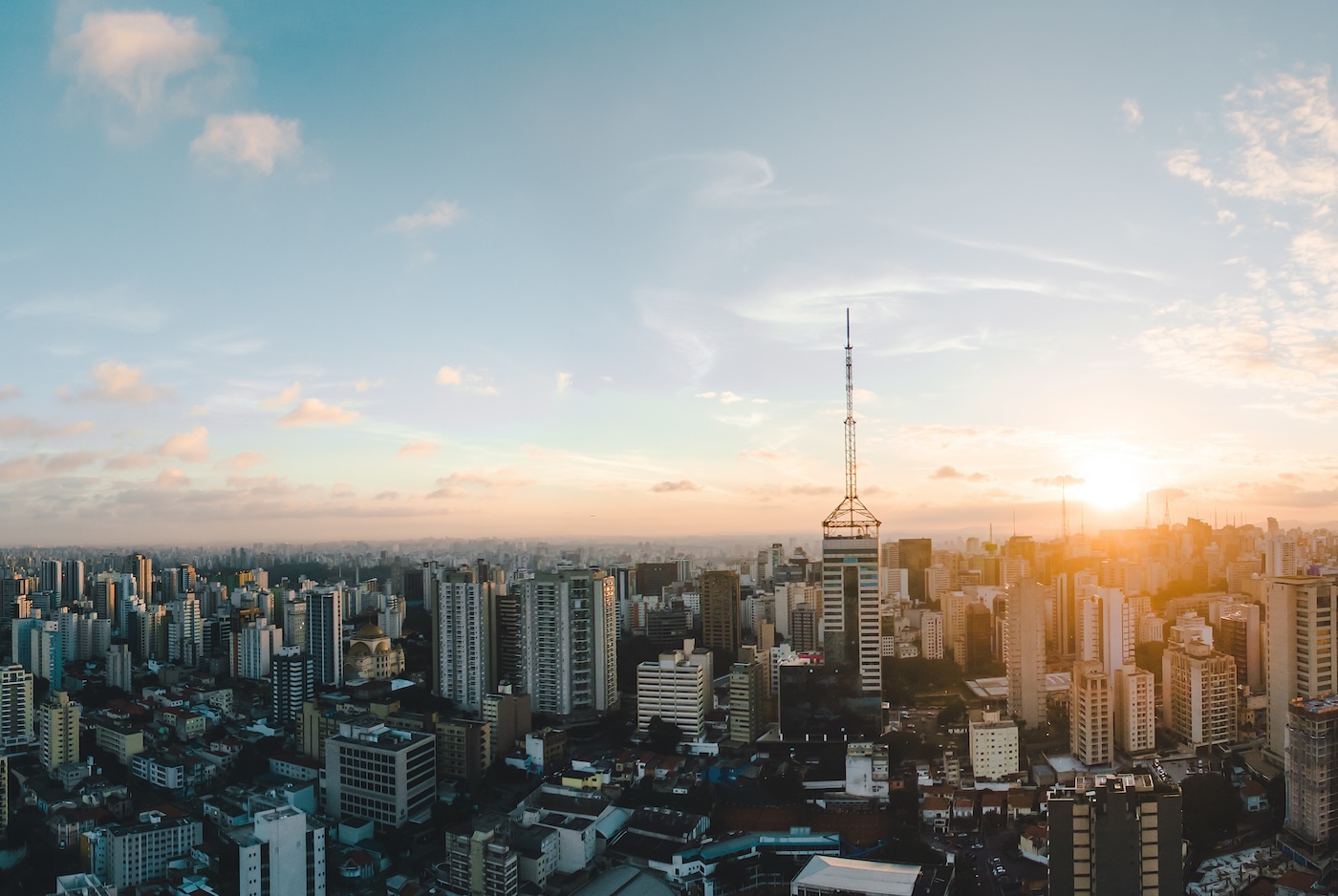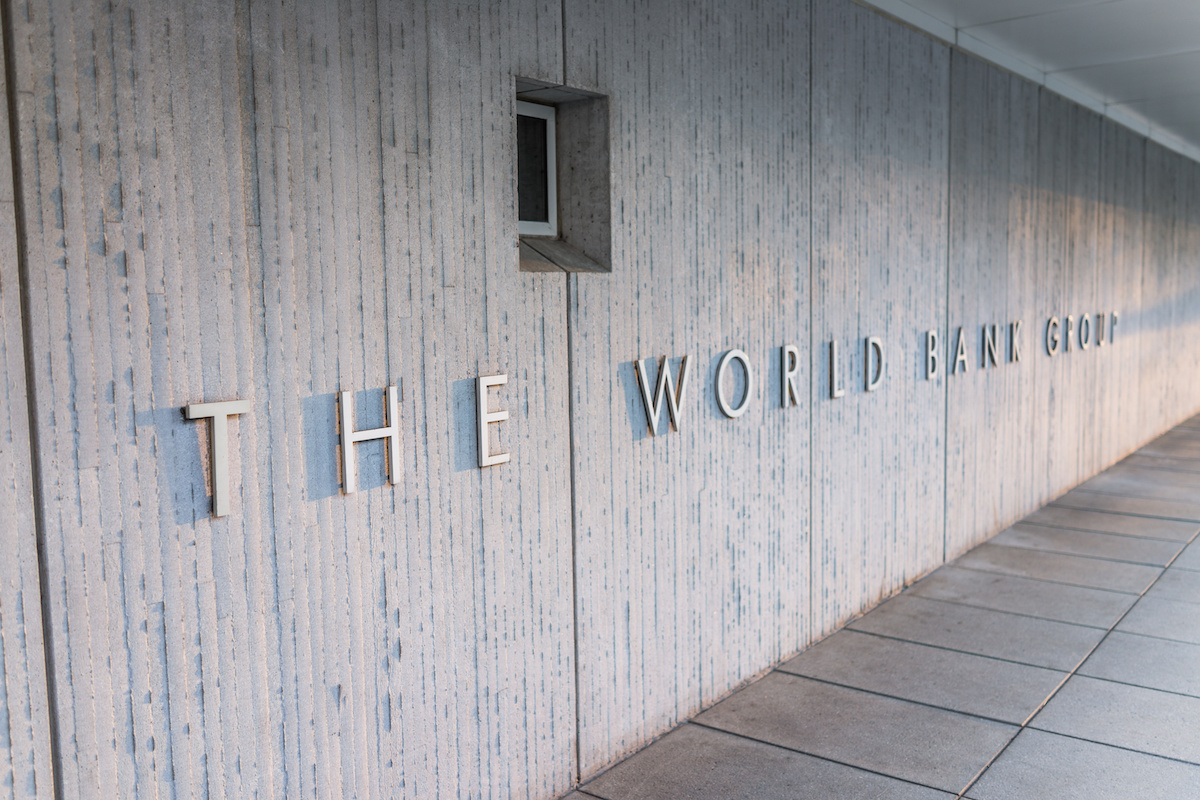This blog post also appeared The Guardian's Global Development blog.When Seoul hosts the G-20 in November, development issues will be squarely on the agenda for the first time since the top steering group for the global economy was created in the midst of the 2008 financial crisis, according to Ho-young Ahn, South Korea’s Ambassador at large for the G-20.Ambassador Ahn spoke at a CGD policy breakfast held last week in New York ahead of the UN Summit on the Millennium Development Goals. The breakfast, hosted by CGD president Nancy Birdsall, included senior officials from the World Bank; the African Development Bank; U.S. government agencies; other leading bilateral aid donors; and the next two G-20 host nations, France (2011) and Mexico (2012), as well as prominent development economists . Korea’s push to make development issues a central part of the G-20 discussions, which has been agreed by other G-20 participants, was well received by those at the breakfast.

The move marks an important step in the evolution of the G-20. The G-7 (and then G-8) included a substantial development component in its deliberations, at least in terms of aid. As a more inclusive group, the G20 is well-placed as a high-level forum for leaders to seek consensus on a range of urgent development policy challenges. But the group's origins in the financial crisis—and the fact that finance ministries continue to shape the agendas—mean that that until now meetings have focused almost exclusively on finance ministry type issues and coordinating responses to the crisis. These are important issues, to be sure, but just one sub-set of the many issues that matter to poor people in the developing world.Korea is the fourth country to host a G-20 Summit and the first outside the North Atlantic, Anglo Saxon club. (Previous meetings were held in in Washington, London, Pittsburgh, and Toronto). Korea is also unique in having recently and quickly made the transition to developed country status. Memories of the development experience are still fresh, including among the senior Korean officials involved in preparations for the Summit.Efforts to place development policy firmly on the G-20 agenda received a boost in Toronto, when the participants agreed to create a G-20 development policy working group, which has since been co-chaired by Korea and South Africa. Korea has used that group to float ideas, including an eight-pillar development agenda and multi-year action plan.Participants in the CGD breakfast said that France and Mexico both favor including development on the G-20 agenda, which increases the likelihood that Korea’s initiative will stick. They also had plenty of ideas for inclusion in the G-20 development agenda and the multi-year action plan. Among them: coordinated action to help developing countries recover stolen-assets, that is, retrieve money looted by corrupt rulers and sent to overseas bank accounts; and a commitment to unilaterally grant low-income countries true duty-free, quota-free market access, outside of the Doha trade negotiations process, as a boost to development.Senior Korean officials appear to be thinking carefully about strengthening the G-20’s ability to follow through on whatever commitments are made. This week, Sakong Il, the chairman of the Presidential Committee for the G-20 Summit, endorsed the idea that the G-20 should become a permanent institution with a fixed secretariat.
According to the Korea Times, he welcomed the idea, first raised by French President Nicholas Sarkozy in August, and said that formal discussions would begin in November, following a successful Seoul Summit.Here at CGD we will be watching the run-up to the Seoul Summit with great interest. Korea’s efforts to elevate the importance of development in the G-20 deliberations are in keeping with ideas that Nancy has been advocating for a while, including in a
statement she released ahead of the Toronto Summit.For me personally it’s fascinating but not surprising to watch Korea step forward and take on this global leadership role. I spent two exciting years as a reporter in the country in 1987/88, a period that coincided with labor and student unrest, Korea’s transition from military dictatorship to democratic rule, and the successful hosting of the Seoul Olympics. Some Korean officials are now saying that the G-20 Summit will be an even bigger deal in terms of raising the country’s global profile. That may be a bit of hyperbole. But if Korea succeeds in getting the new G-20 to tackle development issues in a serious way, the Summit could surely outrank the Olympics in terms of lasting global impact.Stay tuned.
CGD blog posts reflect the views of the authors, drawing on prior research and experience in their areas of expertise.
CGD is a nonpartisan, independent organization and does not take institutional positions.


 The move marks an important step in the evolution of the G-20. The G-7 (and then G-8) included a substantial development component in its deliberations, at least in terms of aid. As a more inclusive group, the G20 is well-placed as a high-level forum for leaders to seek consensus on a range of urgent development policy challenges. But the group's origins in the financial crisis—and the fact that finance ministries continue to shape the agendas—mean that that until now meetings have focused almost exclusively on finance ministry type issues and coordinating responses to the crisis. These are important issues, to be sure, but just one sub-set of the many issues that matter to poor people in the developing world.Korea is the fourth country to host a G-20 Summit and the first outside the North Atlantic, Anglo Saxon club. (Previous meetings were held in in Washington, London, Pittsburgh, and Toronto). Korea is also unique in having recently and quickly made the transition to developed country status. Memories of the development experience are still fresh, including among the senior Korean officials involved in preparations for the Summit.Efforts to place development policy firmly on the G-20 agenda received a boost in Toronto, when the participants agreed to create a G-20 development policy working group, which has since been co-chaired by Korea and South Africa. Korea has used that group to float ideas, including an eight-pillar development agenda and multi-year action plan.Participants in the CGD breakfast said that France and Mexico both favor including development on the G-20 agenda, which increases the likelihood that Korea’s initiative will stick. They also had plenty of ideas for inclusion in the G-20 development agenda and the multi-year action plan. Among them: coordinated action to help developing countries recover stolen-assets, that is, retrieve money looted by corrupt rulers and sent to overseas bank accounts; and a commitment to unilaterally grant low-income countries true duty-free, quota-free market access, outside of the Doha trade negotiations process, as a boost to development.Senior Korean officials appear to be thinking carefully about strengthening the G-20’s ability to follow through on whatever commitments are made. This week, Sakong Il, the chairman of the Presidential Committee for the G-20 Summit, endorsed the idea that the G-20 should become a permanent institution with a fixed secretariat.
The move marks an important step in the evolution of the G-20. The G-7 (and then G-8) included a substantial development component in its deliberations, at least in terms of aid. As a more inclusive group, the G20 is well-placed as a high-level forum for leaders to seek consensus on a range of urgent development policy challenges. But the group's origins in the financial crisis—and the fact that finance ministries continue to shape the agendas—mean that that until now meetings have focused almost exclusively on finance ministry type issues and coordinating responses to the crisis. These are important issues, to be sure, but just one sub-set of the many issues that matter to poor people in the developing world.Korea is the fourth country to host a G-20 Summit and the first outside the North Atlantic, Anglo Saxon club. (Previous meetings were held in in Washington, London, Pittsburgh, and Toronto). Korea is also unique in having recently and quickly made the transition to developed country status. Memories of the development experience are still fresh, including among the senior Korean officials involved in preparations for the Summit.Efforts to place development policy firmly on the G-20 agenda received a boost in Toronto, when the participants agreed to create a G-20 development policy working group, which has since been co-chaired by Korea and South Africa. Korea has used that group to float ideas, including an eight-pillar development agenda and multi-year action plan.Participants in the CGD breakfast said that France and Mexico both favor including development on the G-20 agenda, which increases the likelihood that Korea’s initiative will stick. They also had plenty of ideas for inclusion in the G-20 development agenda and the multi-year action plan. Among them: coordinated action to help developing countries recover stolen-assets, that is, retrieve money looted by corrupt rulers and sent to overseas bank accounts; and a commitment to unilaterally grant low-income countries true duty-free, quota-free market access, outside of the Doha trade negotiations process, as a boost to development.Senior Korean officials appear to be thinking carefully about strengthening the G-20’s ability to follow through on whatever commitments are made. This week, Sakong Il, the chairman of the Presidential Committee for the G-20 Summit, endorsed the idea that the G-20 should become a permanent institution with a fixed secretariat. 


